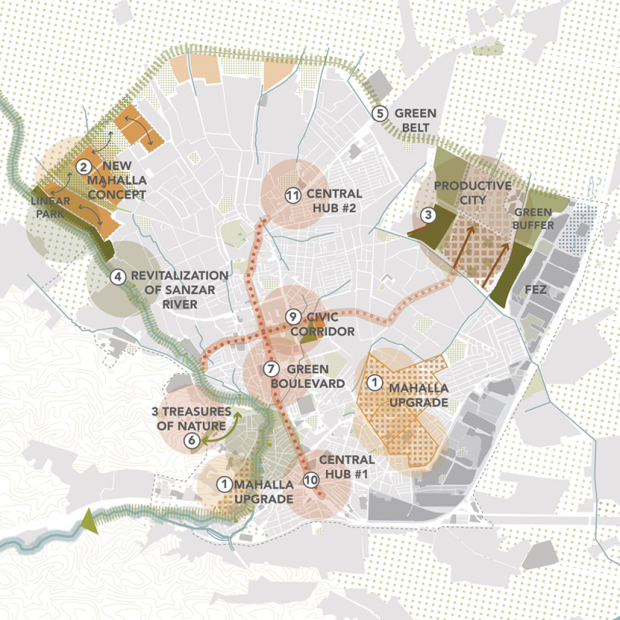

Pilot project: Agenda 2030 Graubünden
In the interest of playing an active role in shaping their own future, the various regions of the Canton of Grison have established regional development strategies whose implementation phase is to extend to 2030. Public funding made available in the framework of the New Regional Policy and other regional initiatives is to be allocated more effectively.
The Swiss government has introduced a programme referred to as the “New Regional Policy” (NRP) to help mountainous, rural and border regions implement important structural changes. The general aim of the NRP is to help improve local conditions for positive economic development by promoting regional innovation, business initiatives and value creation.
Experience gathered in the first few years of the NRP’s implementation highlights the importance of efficient and effective strategic decision making on the part of regional authorities. The State Secretariat for Economic Affairs (SECO), which is overseeing the programme’s implementation, and the Canton of Grison hope that the enhanced capacity by regional stakeholders to establish appropriate strategic goals increases efficiency and effectiveness of public subsidies to the. The likelihood of achieving the desired results is also to be increased by improving the regional and cantonal coordination of development-related policies.
In the interest of promoting these goals, the Grison Economic Development and Tourism Agency and the State Secretariat for Economic Affairs (SECO) joined forces in 2014 to launch the “Agenda 2030 Graubünden” pilot project. Under the direction of external moderators, strategy-development processes were introduced in all seven regions of Grison. The processes were completed as a means of establishing a long-term regional development strategy and specific implementation plans for each region.
Working together with Hanser & Partner AG and Trimea AG as a member of the AGENDA 2030 taskforce on behalf of the canton of Grison and the federal government, EBP drafted the strategy-development processes and managed their implementation in its capacity as a comprehensive project manager. The regions approved seven site-development strategies in the spring of 2015. These will now serve as a basis for the common management of regional development.
The findings and prospects for future regional development processes are summarised in a final report submitted to the client and a steering committee.
Picture Credits: Adrian Michael









